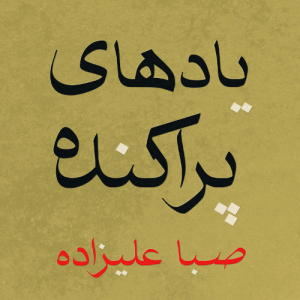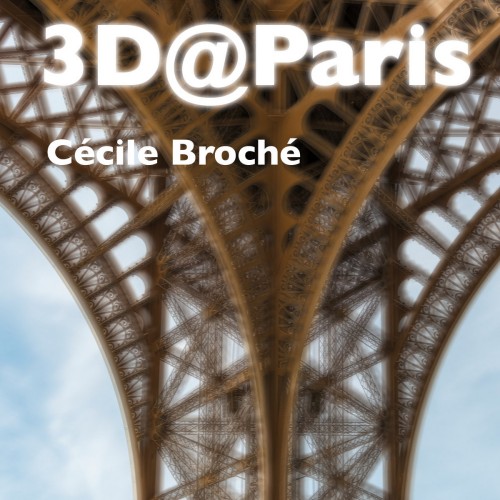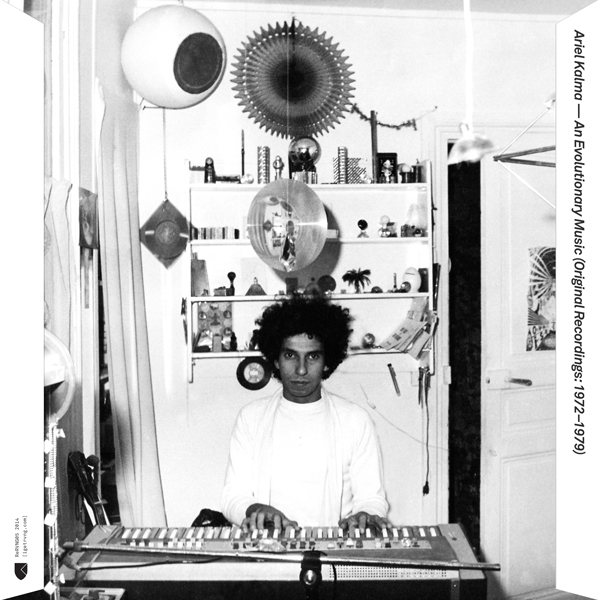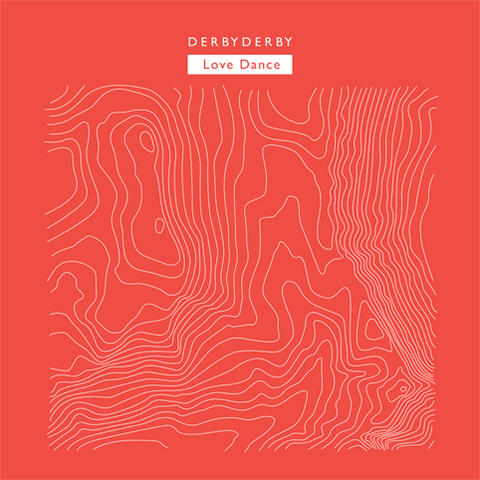 Well, this one wrong-footed me, to be sure. The début album of Iranian composer and musician Saba Alizadeh, I had anticipated something of a showcase for Monsieur Alizadeh’s virtuoso stylings on his chosen instrument, the kamancheh, which he has been playing since the age of ten. Related to the redoubtable rebab, the compelling kamancheh is a form of long-necked four-string fiddle, played with a variable tension bow. And interestingly, with reference to the maestro mentioned below, it is a very distant cousin of the European violin.
Well, this one wrong-footed me, to be sure. The début album of Iranian composer and musician Saba Alizadeh, I had anticipated something of a showcase for Monsieur Alizadeh’s virtuoso stylings on his chosen instrument, the kamancheh, which he has been playing since the age of ten. Related to the redoubtable rebab, the compelling kamancheh is a form of long-necked four-string fiddle, played with a variable tension bow. And interestingly, with reference to the maestro mentioned below, it is a very distant cousin of the European violin.
Perhaps I should be less referential, focussed more on what makes this uniquely itself and less how it might be contextualised against other, most Western, artists. Yet it seems somehow important to do so, and thus liberate Scattered Memories from within the rather restrictive confines of “world music”. For this is an altogether more creolised beast.
Drawing in approaches from his work in photography and visual art, and mixing it with an already-potent combination of instrumental skill and experimental aesthetic, Alizadeh comments on his approach that “You capture sounds and work with them. You treat that sound as an object, you mess it up, you reuse it, do whatever you want with that object. That’s my approach to working, composing, recording music: find sounds and mess with them and create a new spectrum of colours to work with, as either harmonies or melodies”. Commentary, though – mine or even the artist’s – eventually becomes just another friction-producing drag, and we need really to cast away the tether ropes and let the thing take to the wing.There are a lot — a lot — of textures, moods and layers here, moving over and under each other in a wonderful laminar flow. “Blood City”, the opening track, has something ineffably ancient about it, a vastness and openness, which for some reason instantly made me project mental images of The English Patient and Count László de Almásy’s last desperate departure from the Cave of Swimmers, his futile, doomed attempt to save his beloved Katharine, all hope banjaxed by confusion and fate. “Ladan Dead End” is more recognisably beat-driven, its popping and roaring fusing into a West meets East approach that pleasingly updates Yehudi Menuhin and Ravi Shankar’s 1967 iteration perfectly.
-David Solomons-



